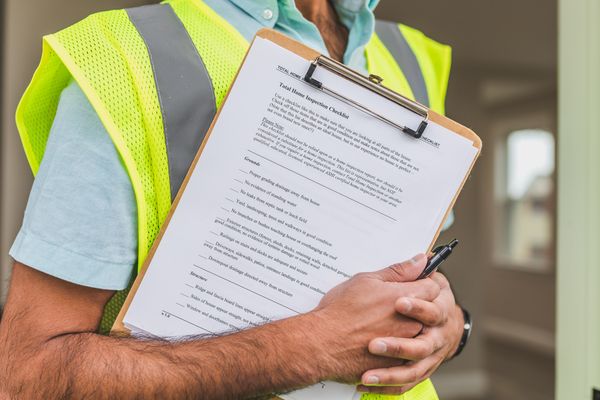When you're in the market for a new home, understanding the timeline for buying a house is essential. Being well-informed will help you make the right decisions at the right time, ensuring a smoother home-buying experience.
In this comprehensive guide, we'll walk you through the entire process, from setting your budget to closing the deal. By following this timeline, you'll be better prepared for the various stages of home-buying and avoid any potential pitfalls.
Step-by-Step Process in Buying Your Home
Step 1: Assess Your Financial Situation (2-4 weeks)
The first step in buying a house is evaluating your financial situation. This involves checking your credit score, setting a budget, and determining how much you can afford for a down payment. It's crucial to have a clear understanding of your financial capabilities before diving into the home-buying process.
Step 2: Get Pre-Approved for a Mortgage (1-3 weeks)
Once you've determined your budget, it's time to get pre-approved for a mortgage. This involves contacting potential lenders and submitting financial information such as your credit score, employment history, and income. The lender will then provide a pre-approval letter, which shows the maximum amount you can borrow. This step helps you narrow down your home search and gives you a competitive edge when making offers.
Step 3: Find a Real Estate Agent (1-2 weeks)
Working with a reputable real estate agent can make the home-buying process more manageable. An agent can provide valuable insight into the housing market, help you find homes that fit your needs and budget, and assist with negotiations. Interview several real estate agents before selecting the one who's the best fit for you.
Step 4: Begin House Hunting (4-8 weeks)
With your financial ducks in a row and a real estate agent by your side, it's time to start searching for your dream home. Attend open houses, schedule private showings, and explore various neighborhoods to get a feel for what's available. Keep your budget and must-have features in mind as you view potential properties.
Step 5: Make an Offer (1-2 weeks)
Once you've found a home you're interested in, it's time to make an offer. Your real estate agent will guide you through this process, helping you craft a competitive offer based on comparable homes in the area. Be prepared to negotiate, as sellers may counter with a higher price or different terms. Once both parties agree, you'll sign a purchase agreement, which outlines the terms of the sale.
Step 6: Secure Your Mortgage (3-6 weeks)
After your offer is accepted, you'll need to finalize your mortgage. This involves providing additional financial information and documentation to your lender, who will then process your loan application. During this time, you'll also need to have the home appraised to ensure it's worth the purchase price. If everything checks out, your mortgage lender will approve your loan and issue a commitment letter.
Step 7: Schedule a Home Inspection (1-2 weeks)
Before closing, it's essential to schedule a professional home inspection to identify any potential issues with the property. If any significant problems are discovered, you may need to negotiate with the seller to address these concerns. This could involve adjusting the sale price, requesting repairs, or even walking away from the deal if the issues are too severe.
Step 8: Purchase Homeowner's Insurance (1 week)
Prior to closing, you'll need to secure homeowner's insurance. This protects your investment against damage and liability, and most mortgage lenders require it. Shop around for the best coverage and rates, and be sure to have your policy in place before the closing date.
Step 9: Complete the Final Walkthrough (1-2 days)
A day or two before closing, you'll want to do a final walkthrough of the property. This is your last chance to ensure everything is in the agreed-upon condition and that any requested repairs have been completed. If you find any issues during the walkthrough, notify your real estate agent immediately to resolve them before closing.
Step 10: Attend the Closing (1 day)
Finally, it's time to attend the closing, where you'll sign all the necessary paperwork to finalize the purchase. Be prepared to review and sign numerous documents, including the mortgage agreement, deed, and settlement statement. Be sure to also check the closing costs. This process can take a few hours, so set aside enough time to ensure everything goes smoothly. Once all the paperwork is signed, you'll receive the keys to your new home – congratulations!
Conclusion
The timeline for buying a house can vary depending on your individual circumstances, the housing market, and any unexpected issues that may arise. However, following this guide can help streamline the process and make your home-buying experience as smooth and stress-free as possible.
By being well-prepared and understanding each step in the timeline, you'll be well on your way to owning your dream home.






